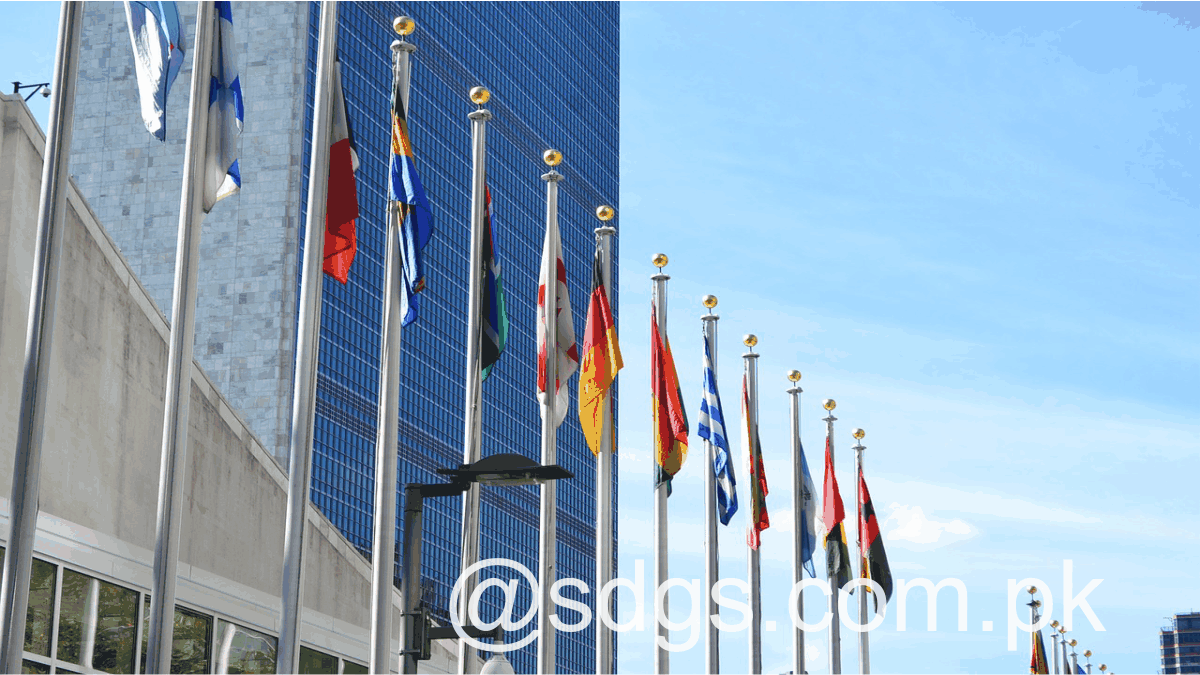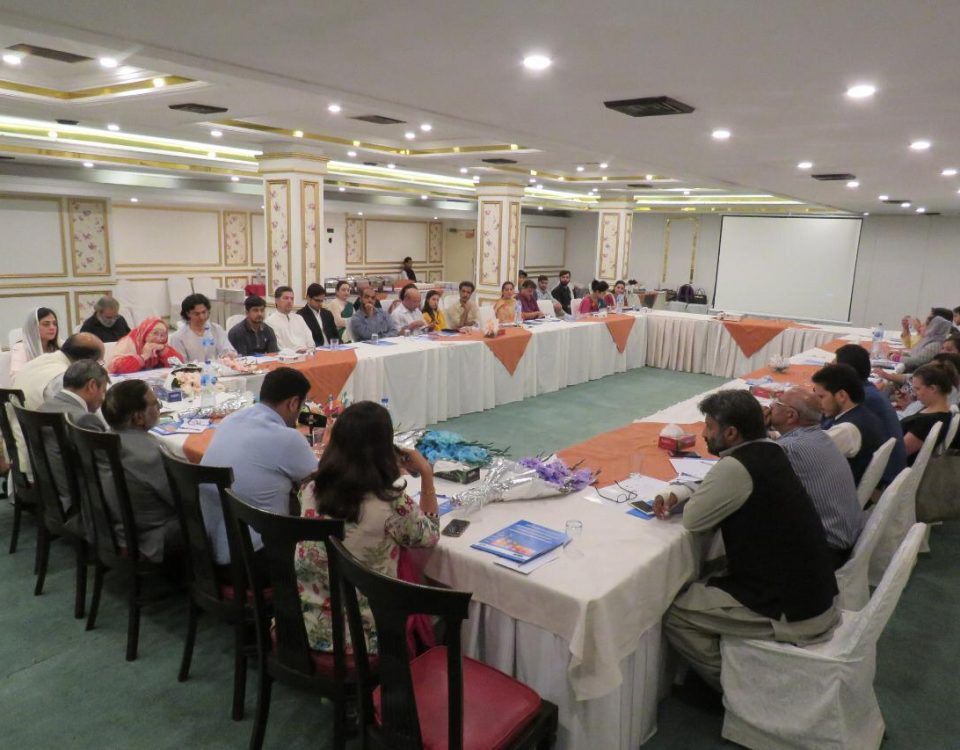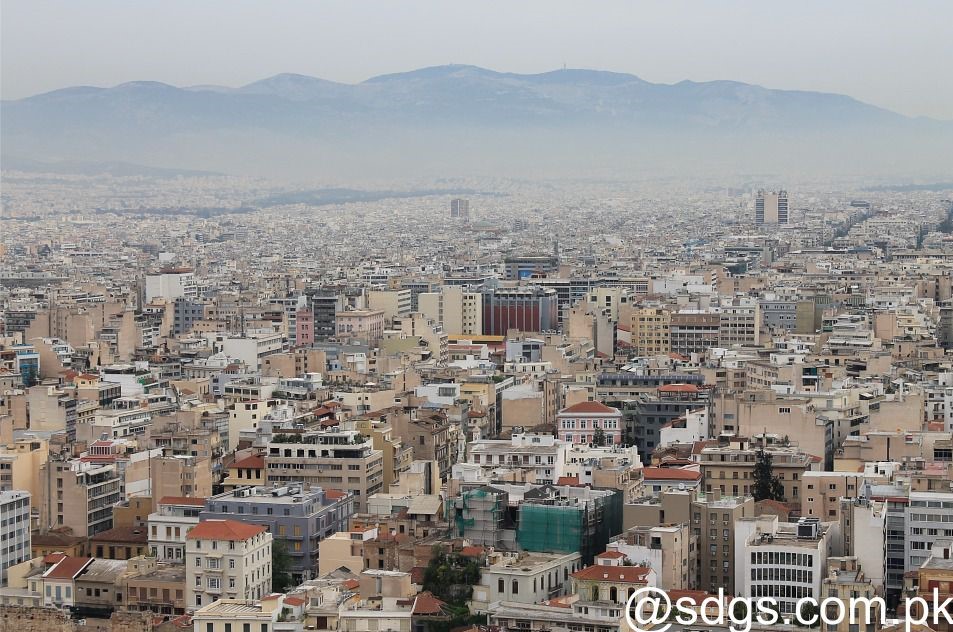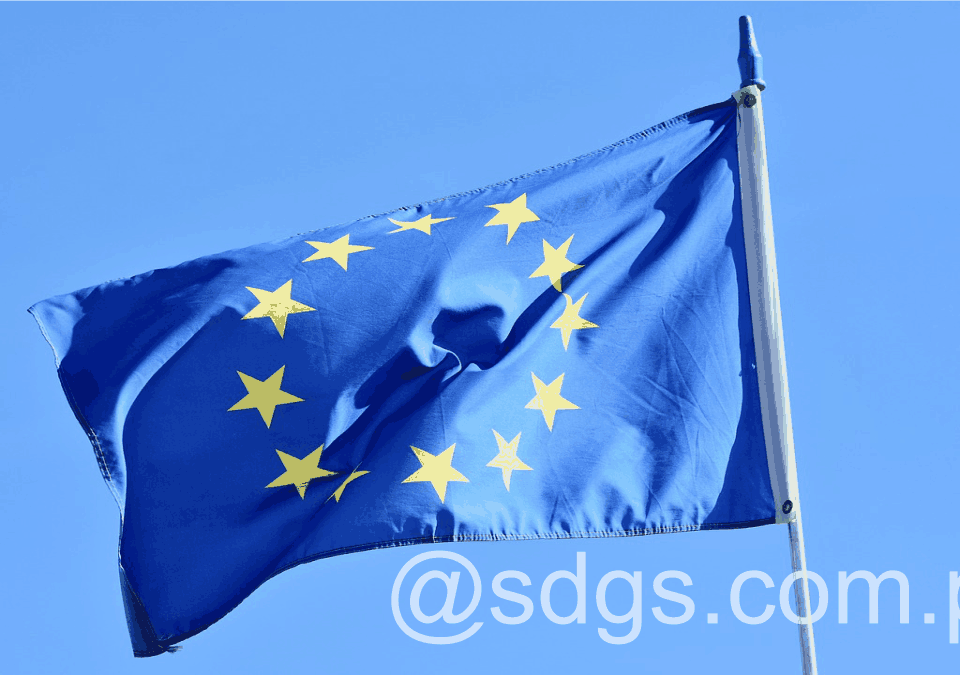
Emerging Policy Issues in Chemicals Management.
April 6, 2019
Sustainable Development Agendas.
April 10, 2019The UN Secretary-General, António Guterres, has issued a briefing note detailing the objectives and the preparatory process for the 2019 UN Climate Action Summit. The summit will focus on “the sectors that generate the most emissions and areas in which building resilience will make the biggest difference.
The Climate Action Summit will meet on 23 September 2019 in New York, the United States, one year before countries are expected to increase their Nationally Determined Contributions (NDCs) under the Kyoto Protocol. Paris on climate change.
This action-oriented summit will aim to increase ambition and accelerate action to implement the Paris Agreement by: strengthening national ambition, countries with concrete and realistic plans to improve their NDCs. by 2020, and reducing emissions by 45% over the next decade and net zero by 2050; encourage transformation changes in various sectors to support the implementation of plans, and generate political momentum through better social and political drivers and the participation of young people and the public.
The note explains that the expected outcomes of the Summit and the initiatives to be presented must be “applicable, scalable and replicable”, consistent with the objectives of the Paris Agreement and encompassing a range of stakeholders.
The paper outlines the nine interrelated tracks that will identify initiatives for the Summit, each supported by a coalition led by governments, civil society, the United Nations and other international organizations. These are:
- Tracking the mitigation strategy that will focus on key emitters, led by Japan and Chile, with the support of UNFCCC Executive Secretary Patricia Espinosa of the Administrator of the United Nations Program for Development (UNDP), Achim Steiner, and Paul Polman, Vice-Chairman of the United Nations Global Compact.
- The track of political and social factors will focus on issues affecting all other paths, including health and just transition, and will take into account gender issues, climate and security, among others, led by Peru and Spain, with the support of the United Nations Department of Economic and Social Affairs. (DAES),
- the International Labor Organization (ILO) and the World Health Organization (WHO).
- The Youth and Mobilization component, which will streamline youth participation in all areas, led by the Marshall Islands and Ireland, with support from the UN Secretary-General’s Envoy for Youth.
- The path of energy transition, which will focus on accelerating the energy transition, including stimulating renewable energies, energy efficiency, energy storage, access and innovation, and mobilizing investments for transition, led by Denmark and Ethiopia and supported by Sustainable Energy for All (SEforAll).
- The Resilience and Adaptation Component, which will focus on integrating climate risks into public and private decision-making processes to ensure the sustainability of food, water and jobs, prevent disasters and enable post-disaster recovery, led by Egypt and the United Kingdom, with support from UNDP.
- Nature-based Solutions addresses terrestrial forests and ecosystems, smart agriculture and food systems, and the regeneration of life in rivers, lakes and oceans, led by China and the New World. Zealand, with the support of the United Nations Environment Program (UNEP) and David. Nabarro, Strategic Director of Skills, Systems and Synergies for Sustainable Development.
- The Infrastructure, Cities and Local Governments Component, which focuses on implementing the commitments on resilient and low-emission infrastructure, led by Turkey and Kenya, with the support of the United Nations Human Settlements Program (UN-Habitat).
- Climate finance and carbon pricing, which will focus on meeting commitments to provide $ 100 billion per year by 2020 for mitigation and adaptation, led by France, Jamaica and Qatar, with the support of the World Bank.
The industry component focused on firmer commitments from hard-to-reduce sectors, led by India and Sweden, with support from the World Economic Forum (WEF).
The benchmarks for the selection criteria of the initiatives, the notes, are based on: the transformational impact; common benefits of sustainable development; reproducibility and scalability.
Source: SDG Knowledge Hub.




